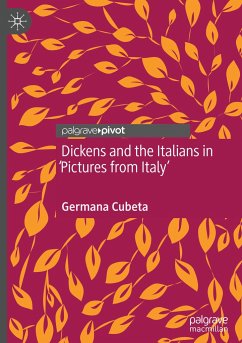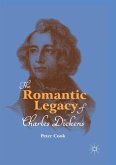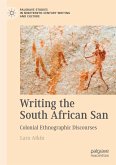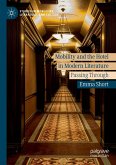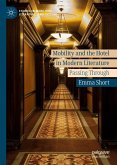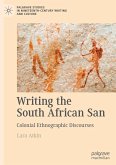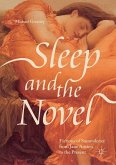This work explores Dickens's perception of Italy as it appears in the travel book Pictures from Italy. Corpus methodologies, alongside the notion of intersectionality, display the writer's multi-faceted interpretation of the Italians and his efforts to highlight their multidimensionality and heterogeneity. The book debates that Pictures from Italy departs from conventions - it investigates the function of travel in the construction of Italian identity and discusses Dickens's relationship with Italy. Corpus linguistics methodologies analyse the language of the book and shed newlight on the relationship between body language and culture.
"Dickens and the Italians in 'Pictures from Italy' gives a focused account of this text and offers insight into the stylistic preoccupations of Dickens's travel writing as well as relevant background about Dickens's relationship with Mazzini and his revolutionary ideas." (Kathryn Walchester, Victorian Studies, Vol. 65 (1), 2022)

